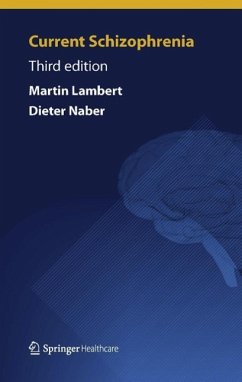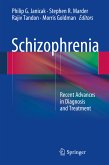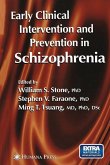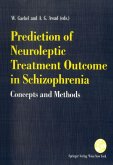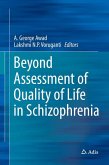Advances in pharmacotherapy and psychosocial interventions continue to improve the success of managing schizophrenia. Early detection and intervention in people with, or at risk for, psychosis give patients and their families hope for a better course of illness and an improved outcome. The interdisciplinary approach, combining pharmacotherapy and psychosocial interventions, markedly increases the chance of long-lasting remission and recovery. However, a cure for schizophrenia has yet to be found. Research, particularly in the past decade, has revealed some of the biological and genetic facets of the origins of schizophrenia, and this has contributed to the better quality of treatment. This book aims to provide a short but detailed overview of current standards of care in schizophrenia. It takes into consideration several treatment recommendations proposed in published guidelines for schizophrenia, including the guidelines by the National Institute for Health and Clinical Excellence (2009), the American Psychiatric Association (2004), the Canadian Psychiatric Association (2005), and the Royal Australian and New Zealand College of Psychiatrists (2005). A major problem with guidelines such as these is the difficulties encountered in translating them into daily clinical practice. Therefore, the fundamental aim of this book is to present the guidelines as clearly as possible in the context of relevant clinical treatment issues. The book does this with the help of figures that provide the clinician with algorithms and summaries of the most important information required for the practical treatment and theoretical understanding of schizophrenia.
Dieser Download kann aus rechtlichen Gründen nur mit Rechnungsadresse in A, B, BG, CY, CZ, D, DK, EW, E, FIN, F, GR, HR, H, IRL, I, LT, L, LR, M, NL, PL, P, R, S, SLO, SK ausgeliefert werden.

